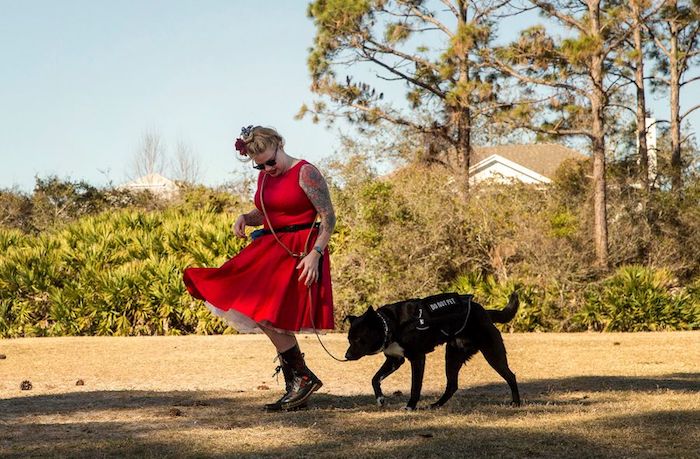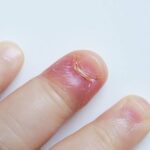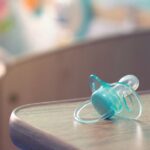Dr. Kim Dennis
People enter treatment for a wide array of disorders and emotional illnesses, everything from depression to post-traumatic stress disorder (PTSD), chemical addiction to anorexia. Most programs provide treatment through individual and group therapy, family therapy, medication management and possibly experiential activities such as art or dance therapy.
Ever increasingly, canine and equine animal assisted therapy is integrated into the treatment plan. Working with animals is beneficial on many levels; perhaps the greatest value of spending time with a horse or a dog comes down to one simple factor: when an individual is focusing on an animal, she isn’t focusing on herself. For a given amount of time, she is not thinking about food, or alcohol, or the horrible issues that defined her childhood. She is temporarily set free.
Canine and equine therapies are very different from one another and offer diverse experiences and challenges. At Timberline Knolls Residential Treatment Center, our residents participate in one or both depending on their individual needs.
Canine Therapy
At the core of most addictions and disorders is emotional pain and the inability to cope in a healthy fashion. It is not unusual for this pain to be linked to a person or persons. This is why a dog can serve as the ideal therapist for a wounded female. Therapy dogs, like most canines, ask so little from an individual; perhaps a Labrador retriever wants to be played with, or a terrier wants to be held and cuddled. Either way, the presence of this animal can help someone suffering on so many levels, including improving her self-esteem, providing motivation for recovery, even inspiring a reason to live. Interacting with a dog can remind her that happiness, laughter and joy are still possible in this world.
Equine-Assisted Psychotherapy
Horses provide a different, yet equally important type of therapy.Timberline Knolls residents engage in experiential activities with the help of specialists certified by the Equine Assisted Growth and Learning Association (EAGALA). The goal may be to cultivate assertiveness, improve communication or strengthen confidence; or the intent might be just to complete the activity without engaging in ritualistic OCD behaviors. Therapy horses, unlike human beings, exist without judgment. These enormous creatures are inherently curious and guileless; they do not know or care about disorders or addictions. They willingly allow our residents to interact with them, practicing new skills and behaviors that they will integrate into real life after treatment.
Integrated Treatment
All therapy has great value and is interconnected. Those in treatment learn important tools and skills for recovery through individual, group and family therapy. In turn, these women and girls can explore new behaviors and apply new life skills in a safe environment with accepting, non-critical animals.
Dr. Kim Dennis is CEO and Medical Director of Timberline Knolls Residential Treatment Center. For more information about the residential treatment offered at Timberline Knolls, call 877.257.9611 or visit www.timberlineknolls.com.
Pennsylvania Parenting Magzine is the ultimate resource for parenting news, opinions, articles, and events across the commonwealth of Pennsylvania.
We offer moms and dads stories that are timely, informative and reader-friendly on important issues such as childcare, family life, education, adolescence, motherhood, and teens. You’ll also find fun, easy and inexpensive family activities and events.
Pennsylvania Parenting Magzine reaches about 5,000 visitors per month. Our email database is comprised of 10,000+ moms and dads, while our social media reach is over 8,000 connections across the country.
For more information, please contact our managing editor, Daniel Casciato, at writer@danielcasciato.com.






